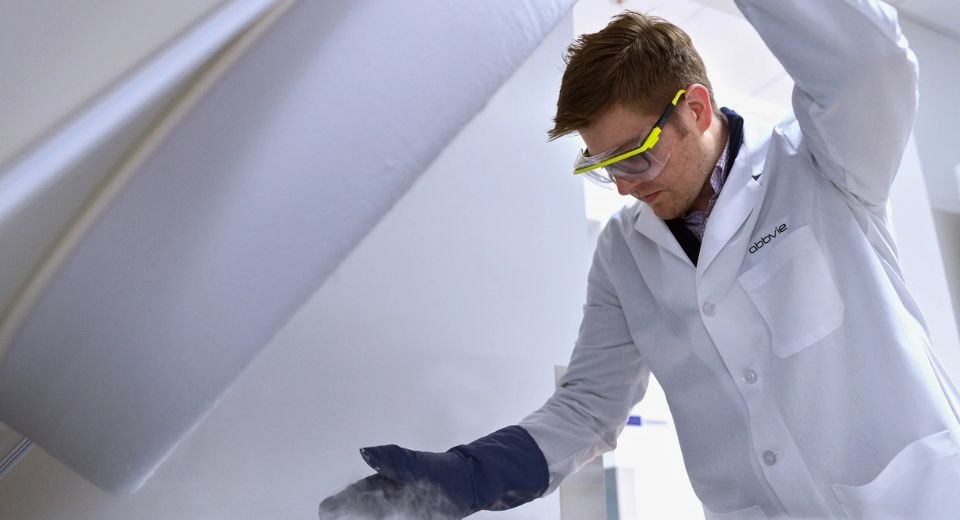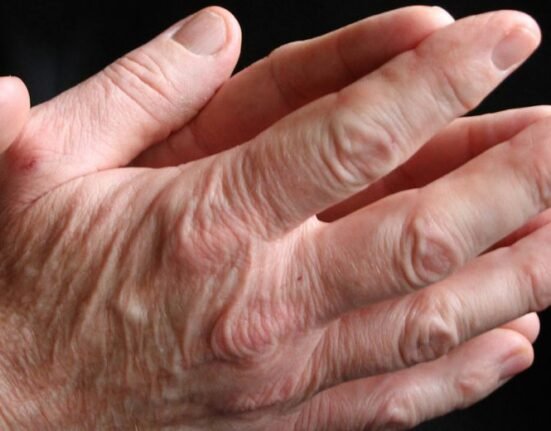HQ Team
July 10, 2025: AbbVie Inc. and IGI Therapeutics SA have signed a $2 billion licensing agreement that gives AbbVie access to an antibody being tested for certain types of cancers and autoimmune conditions.
The deal grants AbbVie exclusive rights to develop, manufacture, and commercialise IGI’s investigational asset ISB 2001 across North America, Europe, Japan and Greater China, according to a statement.
IGI will receive an upfront payment of $700 million and is eligible to receive up to $1.23 billion in development, regulatory, and commercial milestone payments, along with tiered, double-digit royalties on net sales.
IGI Therapeutics SA is a wholly-owned subsidiary of New York-based Ichnos Glenmark Innovation.
‘More durable response’
“Multispecifics including trispecific antibodies represent a new frontier in immuno-oncology with the potential to deliver deeper, more durable responses by engaging multiple targets simultaneously,” said Roopal Thakkar, M.D., executive vice president, research and development and chief scientific officer, AbbVie.
“This partnership with IGI reflects our unwavering commitment to advancing novel therapies for patients with multiple myeloma, a disease where significant unmet need remains despite recent progress,” he said.
ISB 2001 is a new type of cancer treatment being tested for patients with multiple myeloma, a cancer of certain blood cells. It works by helping the body’s immune system attack the cancer cells more effectively.
Most older treatments target only one marker, which means cancer cells can sometimes escape if they lose that marker.
Three different markers
The drug targets three different markers at the same time — two markers (called BCMA and CD38) found on the myeloma cells, and one marker (CD3) on immune cells called T cells.
By binding to both the cancer cells and T cells, ISB 2001 helps the immune cells recognise and kill the cancer cells, even if the cancer cells have low amounts of these markers.
ISB 2001 was developed using a special technology that allows it to stick strongly to the cancer cells, improving its ability to kill them while aiming to reduce side effects seen with earlier similar treatments.
In early clinical trials involving patients who had already tried many other treatments without success, ISB 2001 showed promising results.
Early testing stage
About 79% of these patients responded to the treatment, and 30% had a very strong response where the cancer was almost undetectable. The treatment was generally well tolerated, meaning it did not cause severe side effects for most patients.
This drug is still in the early stages of testing (Phase 1), but it has already received fast-track status from the Food and Drug Administration because it shows potential to help patients who have few other options.
The treatment is given as a weekly injection under the skin, and the dose can be adjusted based on how patients respond.
“ISB 2001 exemplifies the potential of our BEAT protein platform to generate effective multispecifics that may overcome resistance and improve outcomes in hard-to-treat cancers,” said Cyril Konto, MD, President and CEO of IGI.
“Our partnership with AbbVie accelerates ISB 2001’s path to patients and sharpens our focus on advancing the next generation of BEAT-enabled assets in oncology.”








